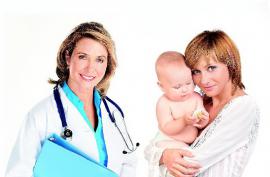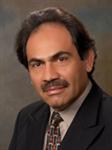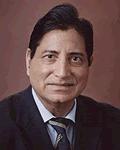Symptoms of Childhood Illness
The most common symptoms occurring in children with diseases, may be as follows:
- Elevated body temperature, fever (in cases beginning of inflammatory processes in the child's body);
- Disorders of consciousness can occur in diabetes, birth injuries, infectious toxicosis, diseases of the heart or lungs;
- at a childhood anemia appear dizziness, weakness, apathy;
- In diseases of the heart and kidneys in children can manifest swelling of the eyelids or legs;
- Pain syndrome which is localized in focal places of inflammatory processes, in pyelonephritis - pain being felt in the lumbar region and with pneumonia - in the thoracic cavity;
- Diseases of the respiratory system - shortness of breath, cough, sputum production;
- Heart and vascular diseases in children: rapid heart rate, rhythm pathology, pain in the heart, shortness of breath when walking and running;
- Diseases of the gastrointestinal tract accompanied by nausea, vomiting, abdominal pain and bowel, frequent regurgitation (in infants), a decrease in appetite and a complete rejection of food, constipation or diarrhea, bloating;
- When blood diseases cause bleeding through the nose or intestinal bleeding, pallor of the child and numbness in the extremities;
- Allergy symptoms: rash, redness, itching, ulcerated neoplasms.
The Diagnostic Capabilities of Pediatrics
- General clinical research (complete blood count and urinalysis, blood chemistry);
- Chest X-ray;
- Electrocardiography;
- Ultrasonography.
Treatment
Any diseases in childhood involves comprehensive and timely proper treatment, and includes the appointment of appropriate regime and diet, physioprocedures and reception of medical products:
- Antibiotics (for the treatment of pathogenic microflora) are used under strict supervision of a doctor and his recommendations;
- Vitamin Complexes appointed for adjustment of the metabolic processes in the body of the child;
- Antitussive drugs,uroseptic, hormones, anti-ulcer and pain medication.
Prevention
- A full hygienic and physiological care of the child;
- Observance of the regime of rational nutrition (depending on the age group to which the child belongs);
- Regular wet cleaning, in which there are children, their airing;
- Isolated from contact with sick children or adults;
- Consumption of plenty of vegetables and fruits;
- Reception of seasonal multivitamin and tempering the child's body;
- Receiving antiviral drugs, vaccines.
If a children's body is predisposed to a pediatric disease, the doctor-pediatrician should develop a comprehensive technique of prophylactic measures that should be conducted with the child under the medical supervision.
hide
 Pediatrics - the section of medical science that deals with the care of the sick and the healthy children of any age, as well as the study, diagnostics and treatment of childhood diseases.
Pediatrics - the section of medical science that deals with the care of the sick and the healthy children of any age, as well as the study, diagnostics and treatment of childhood diseases. 






